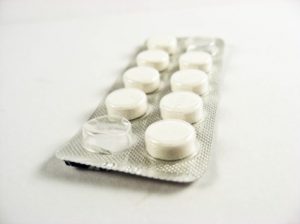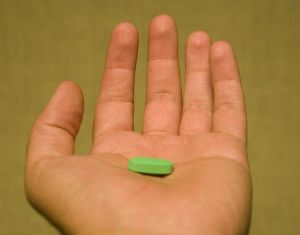Despite many studies showing that the diabetes drug Actos is linked to an increased risk of developing bladder cancer, those in the industry are still trying to prove that is not true. The results of a recent large-scale study are now suggesting there is not a significant risk of bladder cancer for patients who take Actos.
 First, it should be noted that there does appear to be some increase in the number of patients who have taken Actos as compared to diabetics who have not taken Actos. While researchers like to discuss whether things are significant or statistically significant, to any single patient who develops bladder cancer as a result of taking Actos, we can be fairly certain that it is very significant to that patient. Continue reading
First, it should be noted that there does appear to be some increase in the number of patients who have taken Actos as compared to diabetics who have not taken Actos. While researchers like to discuss whether things are significant or statistically significant, to any single patient who develops bladder cancer as a result of taking Actos, we can be fairly certain that it is very significant to that patient. Continue reading
 Product Liability Lawyer Blog
Product Liability Lawyer Blog







